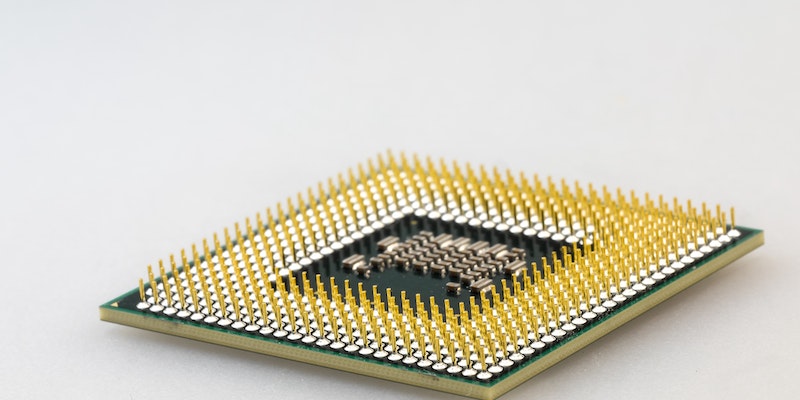AMD, the renowned semiconductor manufacturer, is set to bring forth their next-generation EPYC Venice CPUs, which will be powered by the highly anticipated Zen 6 core architecture. This new lineup of processors will introduce support for the brand-new SP7 socket, providing enhanced performance and efficiency for data centers and enterprise computing. Let’s delve into the details of this upcoming technology and what it means for the industry.
Transition from SP5/SP6 to SP7 Socket
AMD’s roadmap reveals that the upcoming Zen 5 offerings, featuring a diverse range of Turin-based products, will continue to utilize the existing platform. However, hints suggest that the SP5/SP6 sockets are expected to be replaced with a new platform around 2025-2026. This evolution towards a new standard is a testament to AMD’s commitment to innovation and delivering cutting-edge technology.
Details on the SP7 Socket
While information about the SP7 socket is still limited, it is worth noting that the current largest socket available for data center customers is the LGA 6096. This socket supports CPUs with up to 128 cores, offering immense processing power. The SP7 socket is poised to build upon this foundation and introduce even more advanced features and capabilities.
AMD Zen 6 and EPYC Venice Family
AMD’s Zen 6, codenamed ‘Morpheus’, will be based on an impressive 2nm process node. This significant leap in manufacturing technology promises enhanced performance and reduced power consumption. Although specific details about the EPYC Venice family are scarce at the moment, it is expected that these processors will leverage the power of Zen 6 to deliver exceptional performance and efficiency for data-intensive workloads.
Development Timeline
While the Zen 5 ‘Nirvana’ family of CPUs is still a year away from release, AMD’s development of Zen 6 is already underway. As we look forward to upcoming events like the Financial Analyst Day, it is highly likely that we will receive more insight into the Zen 6 family, including its capabilities and potential performance benefits.
Current Offerings and Roadmap
AMD’s existing Zen 4 offerings, namely the EPYC 9004/8004 processors, have already made an impact in the market. This lineup, featuring the Genoa, Bergamo, and Siena variants, has been well-received for its impressive performance, increased core counts, and advanced features. AMD’s roadmap demonstrates their commitment to pushing the boundaries of performance and efficiency, continuously driving innovation within the industry.
AMD’s next-generation EPYC Venice CPUs, based on the Zen 6 core architecture, mark a significant milestone in the evolution of server processors. The utilization of the SP7 socket, coupled with advancements in memory support, DIMM speeds, and PCIe interfaces, promises to elevate performance and efficiency standards within data centers. While specific details about the EPYC Venice family are yet to be unveiled, the development of Zen 6 showcases AMD’s dedication to delivering processors that cater to the growing demands of the industry. As we eagerly await further updates, AMD’s commitment to pushing the boundaries of technology leaves us excited about the future of data center computing.

